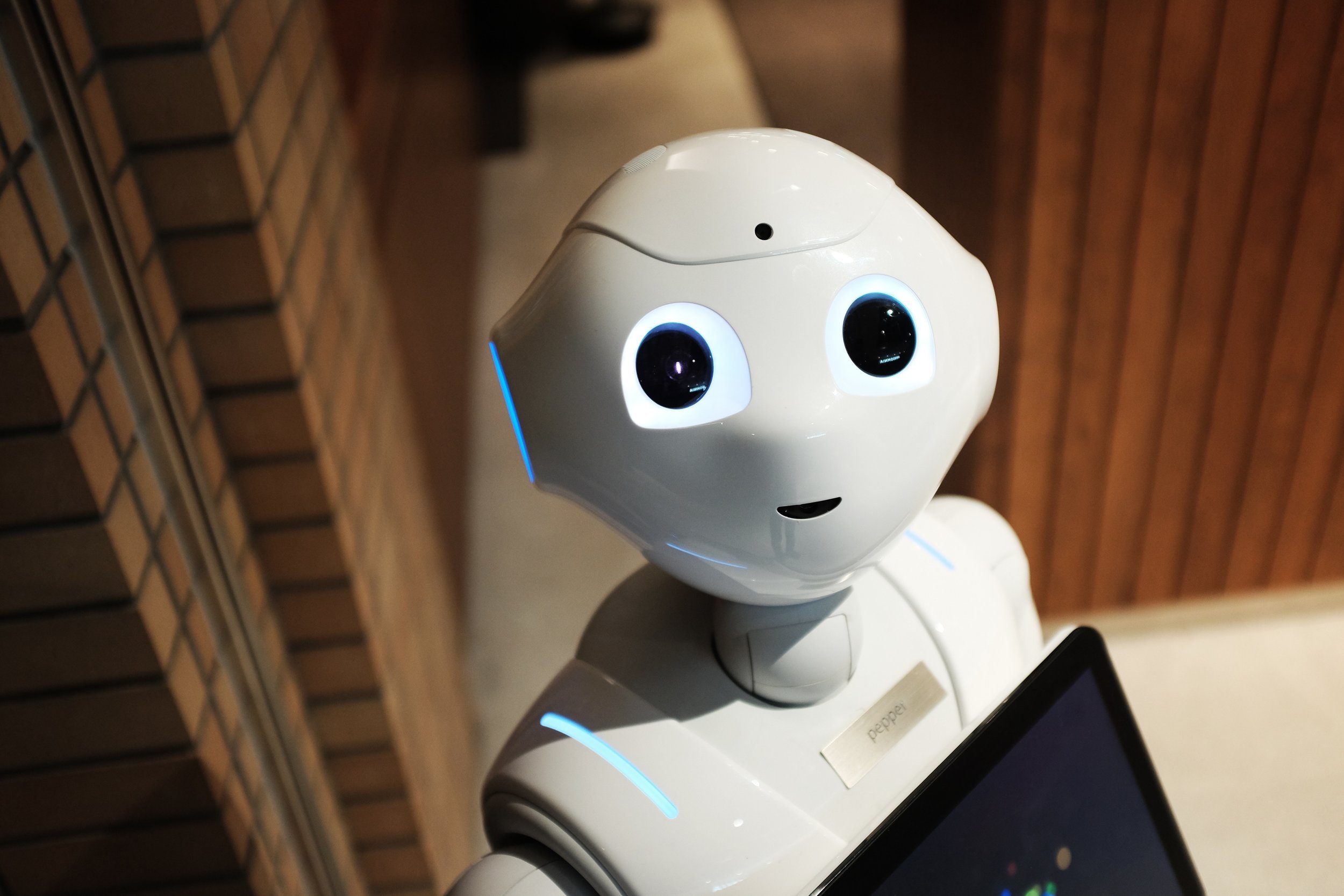AI in Psychology: The Application of AI in Mental Health and Critical Care
Written by Shivesh
What is Psychology?
Psychology is the study of the mind and the behavior of humans. For most of history, diagnosing mental illness has been carried out by humans. But what if a robot could do it? Could it do it better?
To answer this question, lets backtrack a couple of years to where the first ever Chatbot was created. ELIZA was the brainchild of MIT’s Joseph Weizenabum back in 1966. Though it could only reword patients’ phrases as questions, ELIZA showed that AI in the field of Psychology had potential.
Advances of AI
As the years went on, our technology has gotten more advanced. AI can now perceive beyond our own human senses to assess patients better than a psychiatrist can. For example, AI can use infrared imagining to recognize temperature changes, facial recognition to confirm a patient’s identity, optical sensing to analyze facial expression, and even olfaction analysis to identify intoxication.
Not only that, but AI can conduct therapy sessions, e-therapy sessions, and assessments that can assist human practitioners before, during, or after sessions. These assessments, that include heart rate monitoring and temperature changes, provide valuable insights to the clinician and saves time.
AI in Psychology
Let’s move on to evaluating AI in Psychology.
The Computer Science and Artificial Intelligence Laboratory at MIT uses AI to analyze digital footage and identify subtle changes to an individual’s pulse rate and blood flow.
The changes this machine can notice are far too small for even a human to notice. How helpful is this to those in the Psychology field? This is extremely important during therapy sessions in uncovering nonverbal cues. Not only that, but it can also be used in a hospital setting to monitor trauma patients’ breathing or babies in distress at hospitals.
Another AI project is the RP-VITA. This robot has been approved by the US FDA as a way to provide remote communication between healthcare providers and patients.
This robot has been proven to be helpful during the COVID 19 pandemic, where distance between the patient and doctor is beneficial to both. This system has many uses and has been used in critical care assessments and also psychological assessments.
Finally, the Mental Health Diagnostic Expert System uses advanced AI in psychology technology as a way to encode expert knowledge of mental health disorders.
It then uses its vast knowledge for diagnosing patients and proposing treatments. This AI uses a combination of rule based and logical algorithms to understand the patients’ needs. Not only that, but some benefits of this Expert System is that it is cost effective and available remotely.
Promises of AI in Psychology
AI in Psychology is most certainly promising, as it offers valuable tools for the therapist or physician using it in analyzing, testing, or evaluation of mental health.
While it may seem like AI can do everything, it stills needs a medical professional monitoring the technology to interpret the data provided by it. However, AI can greatly help the study of the mind and its behaviors and allow advances in mental health diagnosing.

